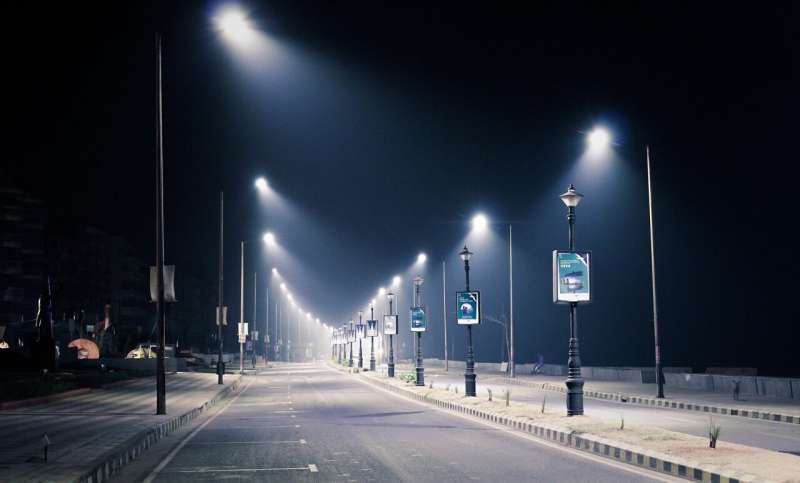A new approach to reducing the energy costs of streetlighting without compromising the safety and activities of pedestrians and drivers in towns and cities is discussed by researchers from India in the International Journal of Ad Hoc and Ubiquitous Computing.
The team of Pragna Labani Sikdar, Abhinav Anurag, and Parag Kumar Guha Thakurta in the Department of Computer Science and Engineering at the National Institute of Technology in Durgapur, West Bengal, reveals an approach to energy-efficient street lighting that strikes a balance between energy conservation and providing sufficient lighting for the people using the streets.
The implications of this research are far-reaching, as it has the potential to revolutionize how cities and communities approach their street lighting infrastructure and reduce energy costs as well as a city’s carbon footprint.
The key lies in equipping each street light with a sensor and dividing them into zones along a street. The sensor network of the streetlights can, based on detecting the nearest pedestrians or vehicles, control illumination levels appropriately so that nobody is left in the dark, but less energy is used lighting empty streets. This segmentation approach to lighting could offer precise control of total output across a city.
To achieve optimal energy efficiency, the researchers take into account the length of each zone and a factor known as “brightness decrement per zone.” By fine-tuning this factor, they can strike a delicate balance between energy savings and maintaining an adequate level of lighting utility.
The team has carried out extensive simulations to evaluate the approach with successful results. The implications are far reaching for cities the world over where environmental concerns and energy costs are both vying for space at the top of planning agendas. Moreover, the notion of light pollution, which affects the natural world as well as astronomical studies, might be reduced somewhat with the implementation of a dimmer switch for streetlighting.

